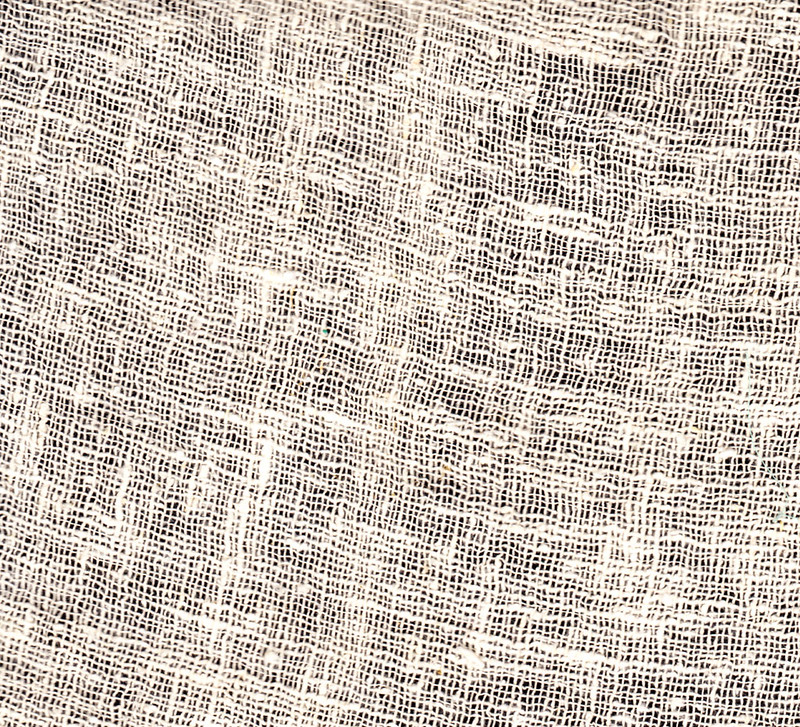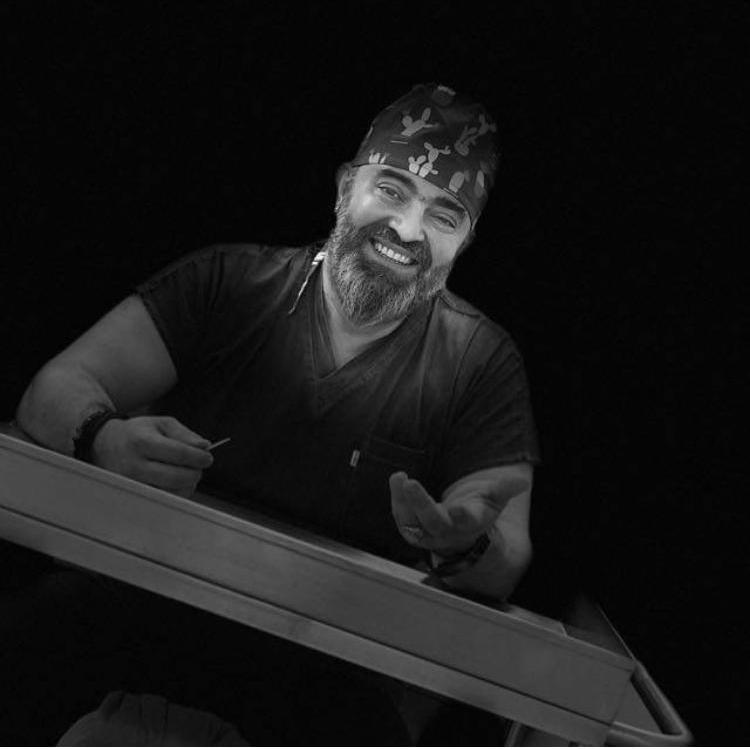
More than five years after Nature retracted two highly suspect papers about what had been described as a major breakthrough in stem cell research, another journal has pulled a paper about the work.
The scandal over so-called STAP stem cells took down more than just a few articles. The case centered on Haruko Obokata, a Japanese researcher who conducted the studies as a post-doc in the Harvard lab of Charles Vacanti. Obokata lost her doctoral thesis from Waseda University in 2015 because it plagiarized from the U.S. National Institutes of Health. She also retracted a paper in Nature Protocols.
Continue reading Fourth retraction for Haruko Obokata, focus of STAP cell scandal, after Harvard investigation






